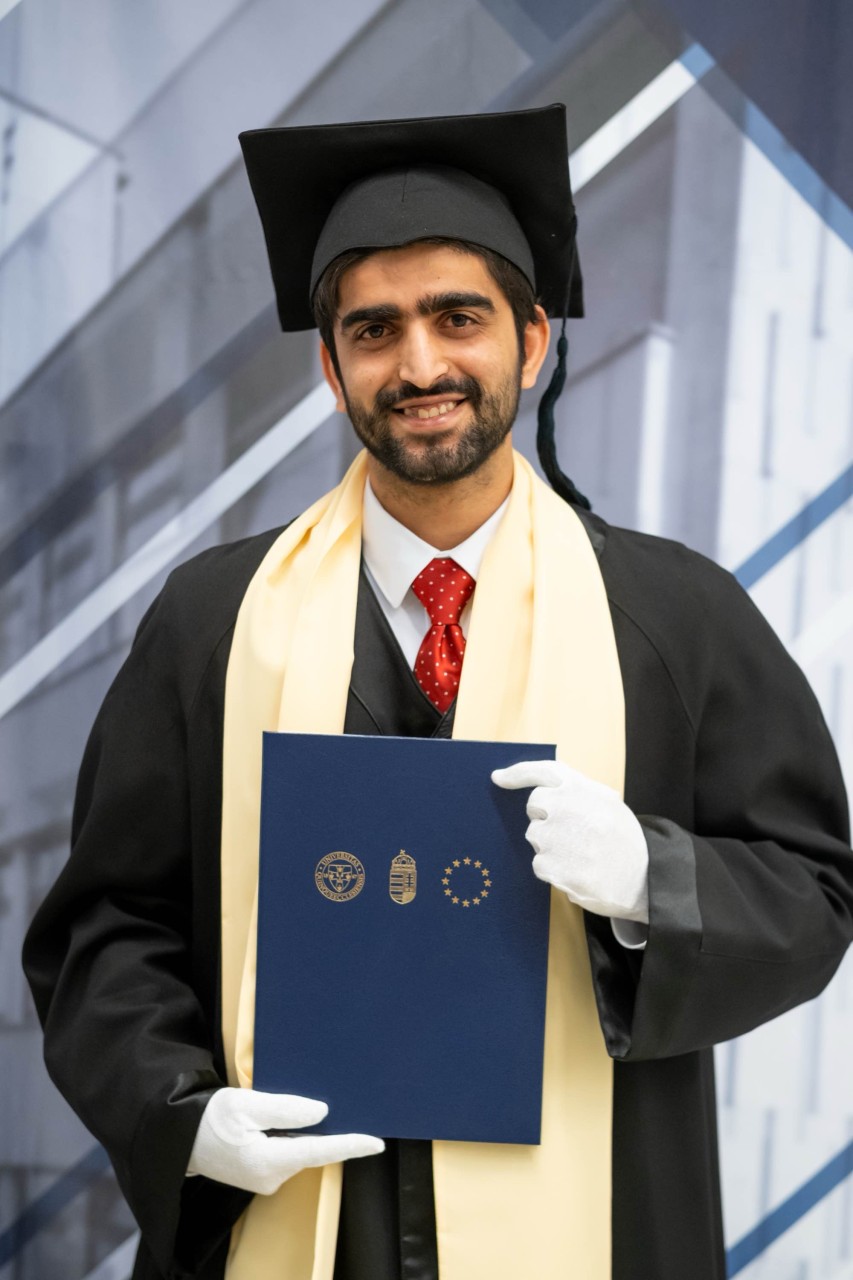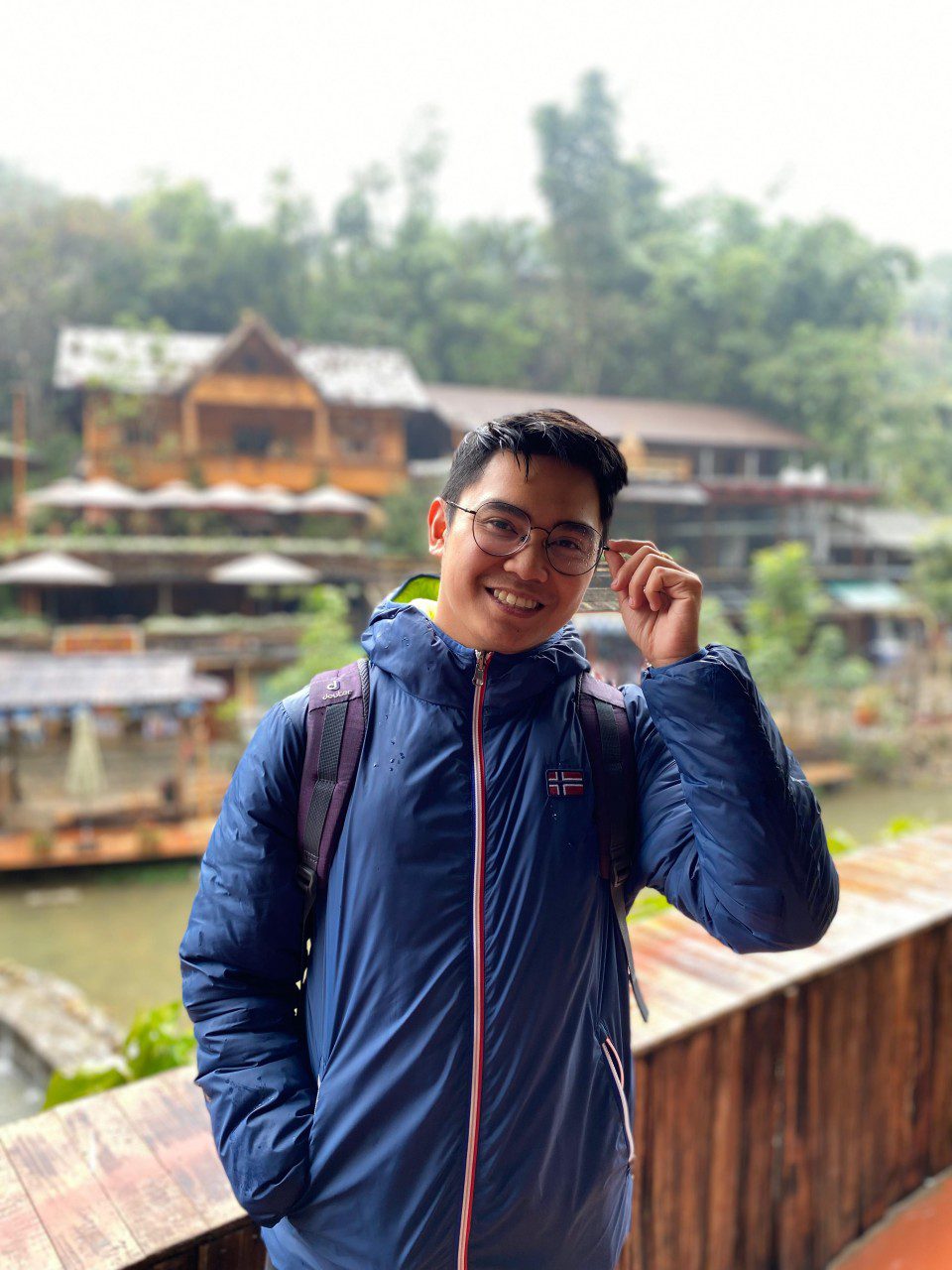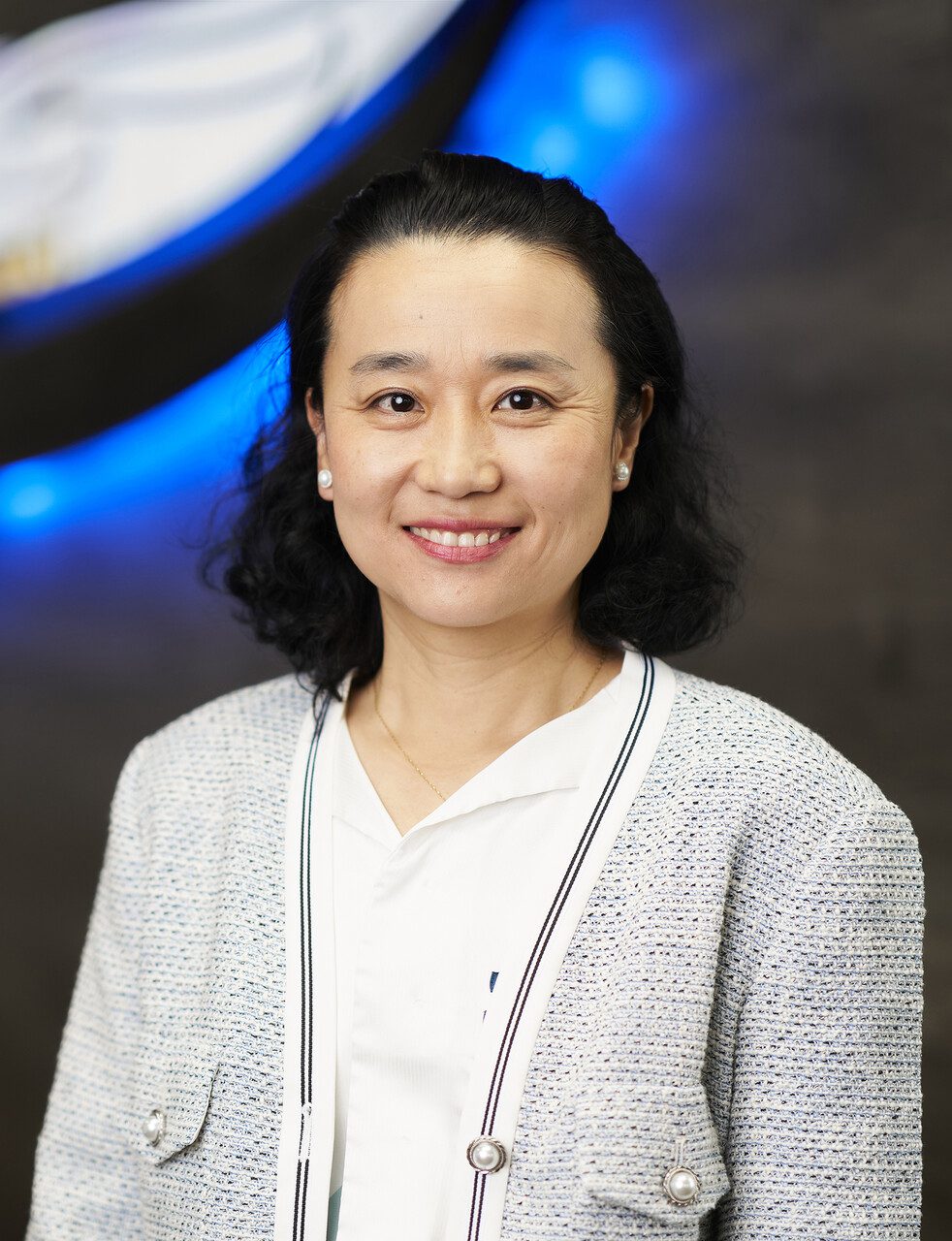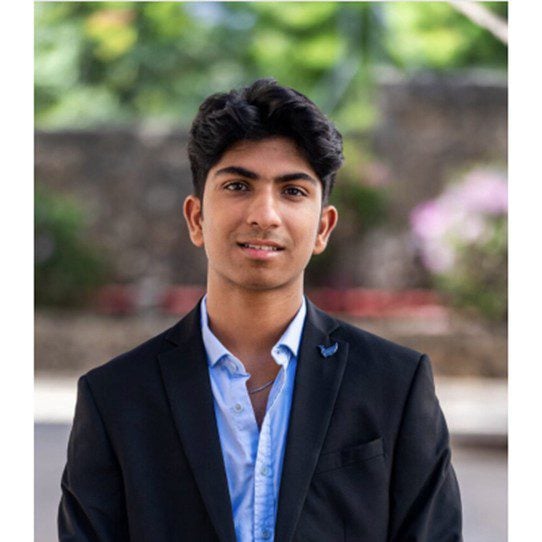How a Pakistani Electrical Engineering Student Won the Fully Funded Stipendium Hungaricum Scholarship to Pursue His Bachelor’s in Electrical Engineering at the University of Pécs
University: University of Pécs, Hungary
Degree: Bachelor’s in Electrical Engineering
Previous Education: 2 years of Bachelor’s in Electrical Engineering, NED University of Engineering and Technology, Karachi
Scholarship: Stipendium Hungaricum – Fully Funded (Tuition, Accommodation or Housing Allowance, Health Insurance, Monthly Stipend, Return Ticket)
Social Media
LinkedIn: linkedin.com/in/usama12562/

The Journey
My name is Muhammad Usama, and I come from a small town in Pakistan. I was the first person in my family to go abroad for higher education, which made this journey even more special for me. I completed my high school in 2017 and then enrolled in the Electrical Engineering program at NED University of Engineering and Technology in Karachi.
At the time of choosing my field, I didn’t know much about it; I simply chose electrical engineering and, over time, developed a real interest in the subject. During my second year, one of my cousins told me about the Stipendium Hungaricum scholarship. I applied and was fortunate to be selected. In September 2019, I moved to Hungary to continue my studies in the same field at the University of Pécs.
Stipendium Hungaricum Scholarship Details
I received the Stipendium Hungaricum Scholarship, which is one of the most prestigious scholarship programs offered by the Hungarian government. Many universities in Hungary participate in this program; I was selected to study at the University of Pécs.
The scholarship benefits include:
Full tuition fee exemption
Free accommodation in university dormitories (or a housing allowance of 40,000 HUF per month if you choose to live off-campus)
Comprehensive health insurance
A monthly stipend of 40,000 HUF for bachelor’s and master’s students; for PhD students, the stipend is higher at 180,000 HUF per month.
Return ticket (depends country to country). For Pakistanis, we get it
An important thing to note is that the application process depends on your nationality. For students from Pakistan, like me, the application must be submitted through the Higher Education Commission (HEC) portal, and then separately on the Tempus Public Foundation portal in Hungary (https://apply.stipendiumhungaricum.hu/).
Educational Background
Before applying for the scholarship, I was pursuing a Bachelor’s degree in Electrical Engineering at NED University of Engineering and Technology (NEDUET) in Karachi. Although I did not complete my degree there, I successfully completed two years of study with a GPA of 3.38 out of 4.
When I applied for the Stipendium Hungaricum scholarship, I chose to continue in the same field, electrical engineering, at the University of Pécs in Hungary. Since I was already in my second year, I planned to transfer and accredit the courses I had completed in Pakistan to my program in Hungary, ensuring a smooth continuation of my education.
How Did You Prepare to Apply to the University of Pécs?
I first learned about the Stipendium Hungaricum scholarship from my cousin, which sparked my interest. After that, I started researching universities in Hungary through Google. I explored several top universities, but eventually narrowed my choices down to the University of Pécs and the University of Debrecen, with Pécs as my first choice. I chose Pécs partly because it is a beautiful, hilly city, a place I really fell in love with.
It’s very important to have reliable sources of information when preparing your applications. Since I didn’t know much at first, having an active social circle was a big help; you hear about many scholarship opportunities through friends and family. Later, I also found a Facebook page dedicated to students studying in Hungary, and I received valuable guidance and advice from that community, which made the process much easier.
I personally did not take any English proficiency tests like IELTS or TOEFL, as many Hungarian universities accept students without them, although having one can be an advantage. For Pakistani students, the initial selection is handled by the Higher Education Commission (HEC), and their process may include tests, interviews, or selection purely based on merit. In my case, I was selected based on my high school grades. However, these requirements can change over time; for example, now HEC often conducts a test for applicants.
For the Hungarian universities themselves, the process varies: some require a test, some an interview, and some both. At the University of Debrecen, for example, I had to go through both a test and an interview. At the University of Pécs, I mainly prepared for the interview by reviewing questions available on their website.
My advice for Pakistani students is to get familiar with the HEC HAT test by buying preparation books; it gives a good idea of the kind of questions asked. For the Hungarian universities’ interviews or tests, self-confidence and checking the official university websites for guidance are key to preparing well.
How Did You Prepare to Apply for the Scholarship?
For the Stipendium Hungaricum scholarship, the required documents depend on the level of study:
Bachelor’s applicants: Matriculation certificate, 12th-grade mark sheet, domicile, motivational letter, and ID card.
Master’s applicants: Bachelor’s certificate and degree, along with similar personal documents and a motivational letter.
The most challenging part of the application is the document submission and attestation process, which takes considerable time. I strongly recommend starting preparations at least two months in advance to avoid last-minute stress.
In my case, I faced significant challenges with attesting, legalizing, and verifying transcripts and certificates. It’s crucial to first verify your documents from your university’s examination office and then have them attested by the Ministry of Foreign Affairs (MOFA); this step is mandatory.
Another key element is the motivational letter. It should be well-written and clearly express why you want to study in Hungary and pursue your chosen field. A strong letter can really strengthen your application.
What Do You Think Made Your Application Stand Out?
I believe several factors helped my application stand out. First, my academic performance was strong, with good grades that demonstrated my consistency and dedication. Second, during my interview, I remained confident and communicated clearly, which left a positive impression on the panel. Finally, my motivational letter was concise, focused, and clearly explained my goals and reasons for choosing Hungary and electrical engineering.
These elements, combined, good grades, confidence, and a strong motivational letter, played a big role in helping me secure the scholarship.
What Would You Have Done Differently if You Were Going Through the Process Again?
If I were to go through the process again, I would definitely start preparing and submitting my documents much earlier. During my application, I submitted my documents on the very last day, which caused unnecessary stress and left no room to fix any mistakes.
I would also begin the verification and attestation process well in advance, as it took far more time than I expected. Similarly, I would spend more time researching the universities and their requirements early on, so I could make a more informed choice.
Finally, I would prepare better for interviews by practicing with friends or mentors. Although I did well, extra preparation could have made me even more confident.
What Advice Would You Give Those Looking to Apply for a Similar Scholarship?
My biggest advice is to start early, especially with documents. Attestation, verification, and translations can take weeks or even months, so don’t wait until the deadline (like I did once). Submitting early reduces stress and gives you time to correct any mistakes.
Focus on writing a clear and genuine motivational letter. Explain your goals, why you chose Hungary, and how the program fits into your future plans. A strong motivational letter can really help you stand out.
If your process involves tests or interviews, prepare in advance. Practice common interview questions, stay confident, and research the university’s expectations.
Lastly, keep your network active, talk to friends, relatives, or online groups who have been through the process. Their guidance and experiences can help you avoid mistakes and discover opportunities you might not find on your own.
Want to submit your
scholarship journey?
Submit Your Story Here!
More Scholarship Recipients

I am John Vincent “JV” Tumaneng, a Filipino PhD candidate of Politecnico di Torino under the MSCA-DN project ESPERANTO � .... Read more

I obtained my bachelor’s degree from a leading university in mainland China. After graduating, I worked at Huawei Technolo .... Read more

My name is Arsh Dharani, and I am an international student originally from the Democratic Republic of the Congo (DRC). I am .... Read more

Leave A Comment